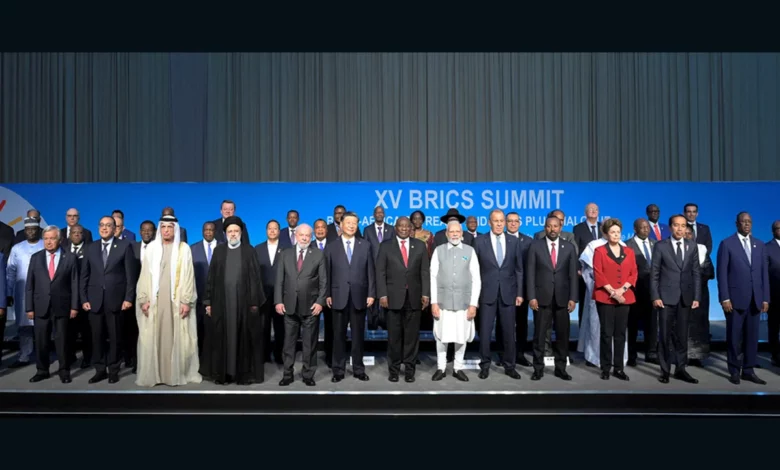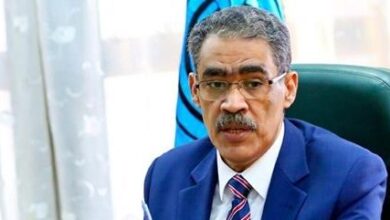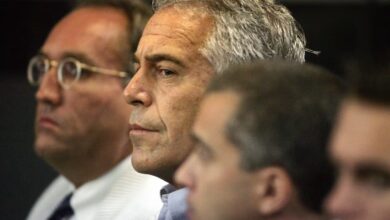
The BRICS+ grouping will not provide the magical solutions to economic crises and overnight changes to the global financial system that some might hope.
However, it undeniably asserts itself on the international stage as a credible alternative to express the demands of the Global South (in a developmental, rather than geographic, sense) in the face of the more advanced Global North, whose interests dominate all international relations thanks to historical hegemony.
Indicators of the nascent grouping’s superiority over the G7 regarding population, oil production, economic size (in terms of purchasing power parity), and its strong competition in trade volume and global investment flows all reflect a relative weight that can be relied upon to renegotiate a number of outstanding global issues, foremost among them debt, climate change, and energy transition.
By renegotiation, we mean the direct meaning of the word involving the formation of a shared vision – not necessarily a unified one – in international forums and conferences.
It also has an indirect meaning, which involves the movement of the grouping’s countries towards creating parallel entities and platforms to existing ones, which are less dependent on Western hegemony and its politicization and the weaponization of some of these entities, platforms, and systems.
This is exactly what happened with the SWIFT payment system, which was weaponized against Russia and Iran, and as is happening with settlement systems and credit rating agencies that influence the cost of financing development burdens, and As is the case with the control of the Bretton Woods institutions: the IMF and the World Bank.
Not to mention its control over the United Nations and its various arms.
India has begun establishing a credit rating agency, which may be developed in the future to serve BRICS nations and other countries and financial institutions.
The BRICS grouping also possesses the New Development Bank as a financial institution that can be strengthened through recapitalization and improved operational mechanisms to provide development loans, on better terms than those offered by financial institutions in the existing financial system.
China, the largest economy in the group, has been engaged in a trade war with the US and its allies since 2018, coinciding with the inclusion of the Belt and Road Initiative in the constitution of China’s ruling Communist Party in 2017.
That same year also witnessed an important BRICS summit where the grouping expressed its desire to expand to include more countries.
Egypt was invited to that summit as a guest before attending this year’s summit as a member of the expanded grouping and a key player in its various institutions, especially the development bank, which Egypt has joined as a borrowing member, and the commodities platform that is expected to be launched soon to be a limited platform with the potential to later become a full-fledged commodity exchange – as I have previously called for in numerous articles, and as I hope Egypt will host and govern.
Egypt possesses the logistical, commercial, marketing, and geographical advantages that qualify it to excel in this role.
A commodity exchange is a vital component for repricing products that BRICS+ member countries have relative and absolute advantages in possessing, such as agricultural, mineral, and water resources. These resources are currently undervalued in international trade equations in favor of high-tech goods, such as semiconductors (the oil of the age), whose supply chains are controlled by a limited number of developed countries. The United States has been seeking for years to cut China off from these supply chains.
This year’s summit holds hopes for a gradual transition towards a more inclusive, just, and sustainable global system, one less subject to the dominance of the dollar, which is not expected to be dethroned anytime soon as, according to the Currency Power Index, it controls about 80 percent of trade, 90 percent of debt instruments, and 60 percent of central bank reserves.
However, de-dollarization will be possible with the gradual shift towards diversifying the basket of reserve currencies, increasing the weight of gold, precious metals, and certain elements of the wealth of the grouping’s countries.
This shift will also be reinforced by a gradual increase in the volume of intra-group trade, with realistic target rates reviewed annually.
Increasing rates of intra-group capital flows are also targeted, albeit at a less ambitious level.
The Arab axis within BRICS+ can crystallize a shared vision that realizes the interests of the region’s countries on various economic, security, and political areas.
The grouping can also contribute to transforming the structural challenges it faces due to discord among some of its members on border, water, and international policy issues into an opportunity to use the grouping as an economic platform for more sustainable understandings based on shared interest, after the prevailing global system has failed to achieve a consensus under the auspices of the Global North.
About the author:
Medhat Nafei is an experienced economist and business leader. He served as Deputy Minister of Supply and Internal Trade in Egypt and is currently the Chairman of Arab Alloys.
He holds a PhD in Economics from Cairo University.




